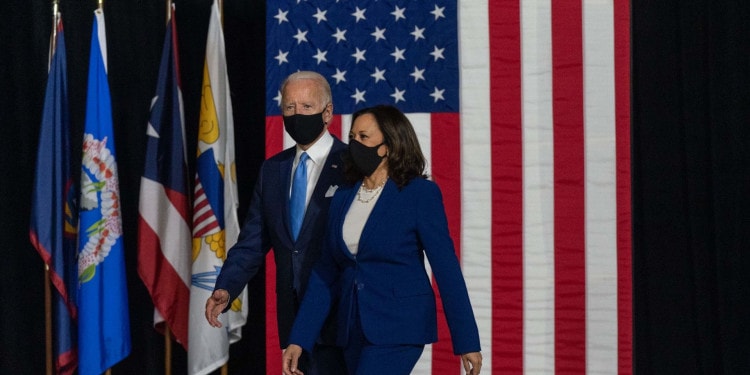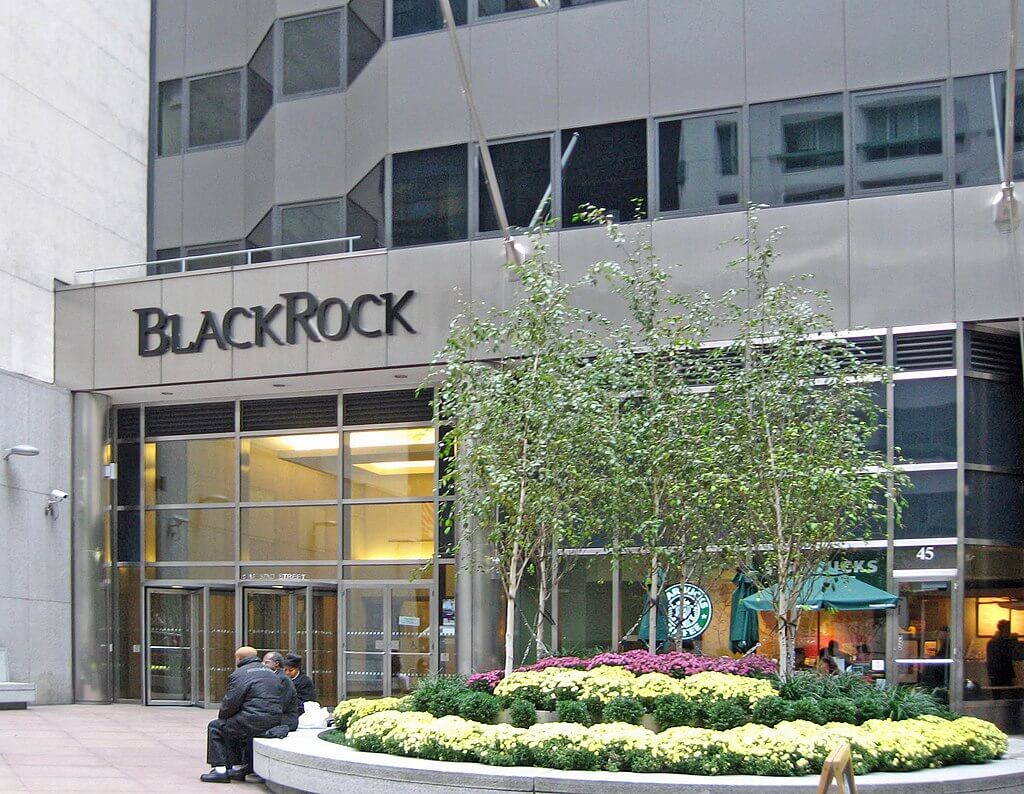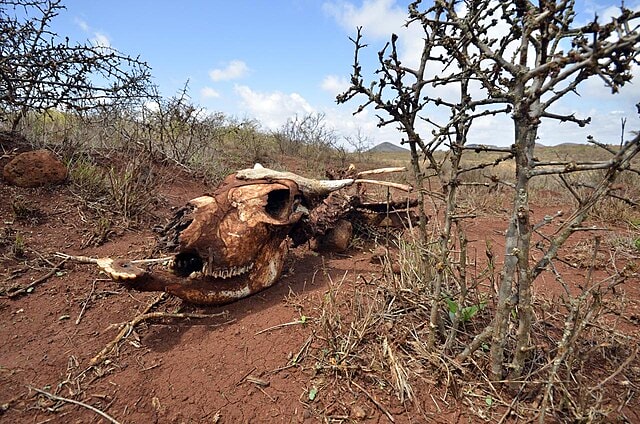When his inauguration as the forty-sixth President of the United States is complete, Joe Biden will reenter the U.S. into the Paris Climate Agreement. This action will create positive momentum around the world and align the world’s biggest economies and political powers around climate action. To strengthen the power of these goals, however, the Biden-Harris Administration can – and must – do more than just rejoin the historic agreement.
With strong support from Congress and local and state governments, the Biden-Harris Administration has a unique opportunity to move forward with a bold vision to catalyze an unprecedented transformation for sustainability and resilience through partnerships with state and local governments. One way they could show leadership is to prioritize local government action within the multilateral agreement process.
Here are five ways the United States could accelerate progress on climate action by utilizing the power of cities to deliver on multilateral agreements:
1. Coordinate the national coalition to mobilize US cities and counties to UNFCCC-led Race-To-Zero and Race to Resilience Campaign
The UNFCCC-led Race-To-Zero and Race to Resilience Campaigns aim for a groundswell of ambitious climate commitments for 2030 to attain climate neutrality before 2050 and put people and nature first as communities address climate risk and build resilience. A new effort to be jointly led by U.S. Conference of Mayors (USCOM); ICLEI, as the largest U.S. local government network focused on sustainability and UNFCCC LGMA Focal Point; C40, as the member of the Friends of COP26; Climate Mayors; and the Global Covenant of Mayors for Climate & Energy (GCoM) can be an effective mechanism to mobilize U.S. cities to this process. This can be announced via a communication from the USCOM Executive Committee on 21 January 2021. Such a coalition can also support celebrations of the first one hundred days of the Biden-Harris Administration, which will coincide with Earth Day and entry into force of the Paris Agreement.
2. Launch a multilevel climate action task force for the US second NDC and climate envoy
It is essential that the U.S. presents its second NDC for the Paris Agreement before COP26 in November 2021. To enable appropriate contributions of state, local, and tribal governments to the 2nd U.S. NDC, a special Multilevel Action Task Force should be established.
Related Articles: Exit Trump, Enter Biden: Can America Make a Comeback? | First Days of the Biden Administration
This Task Force should also support the US Climate Envoy in the preparations towards COP26. This Task Force can recall ICLEI’s previous experience as the lead for the 2014 Obama resilience task force and introduce additional features building on the unique conditions in the U.S. under the Biden-Harris Administration and global momentum for a UN Decade of Sustainability Action towards 2030.
3. Enact Congressional City and Subnational Diplomacy Act
A bill to establish an Office of Subnational Diplomacy within the State Department – known as “City and State Diplomacy Act” (S.446 and HR.3571) was presented to the 116th Congress as a bipartisan proposal. The bill includes a number of innovative proposals and can be further improved by recognizing the contributions of local and regional governments in global efforts on sustainability. Enactment can strengthen U.S. leadership and demonstrate good practice on multilevel collaboration.
4. Nominate U.S. to co-chair the UNFCCC Friends of Multilevel Action
A group of nations, known as The Friends of Cities was instrumental in achieving historic references to local and regional governments in the Paris Agreement. Since then, this group is recognized as the Friends of Multilevel Action. Under the Biden-Harris Administration, active leadership of the U.S. delegation can introduce a new momentum to this group and influence the outcomes of COP26 so that multilevel NDCs can become the new normal in the implementation of the Paris Agreement.
5. Make the U.S. a party to the UN Convention on Biological Diversity
Along with re-entry into the Paris Agreement, 2021 can be the year to bring the U.S. into the UN Convention on Biological Diversity, to enable a more effective use of nature-based solutions for ambitious action both for post-COVID-19 pandemic recovery and ambitious climate action.
The Power of Cities: The Biden-Harris Administration Should Consider Domestic Action for International Leadership
The success of this year’s international climate conference – COP26 – depends on the action at home, and at the capitals, before arriving in Glasgow. This is only possible if the United States government engages local and regional governments in the design and implementation of the U.S.’s updated Nationally Determined Contribution, or NDC.
Last year, ICLEI Members in the U.S. contributed to the House Select Committee on Climate Crisis’ Solving the Climate Crisis report. ICLEI recommended three actions which the Biden-Harris Administration should focus on to provide immediate support for communities to implement climate mitigation and adaptation projects; these include:
(1) reauthorizing and expanding the energy efficiency and conservation block grant program;
(2) establishing and implementing the National Climate Adaptation Program and Commission;
(3) helping communities to build back better for climate resilience.
ICLEI Members in the United States – under the leadership of Mayor Frank Cownie, of Des Moines, US, – will deliver these recommendations at the US Conference of Mayors Winter Meeting this weekend. As of Inauguration Day, twenty-nine mayors have already signed on to support the recommendations.
Internationally, ICLEI serves as the Focal Point for the Local Governments and Municipal Authorities (LGMA) Constituency in processes under the United Nations Framework Convention on Climate Change (UNFCCC). ICLEI plays a similar role at the Rio Conventions on biodiversity (CBD) and desertification (UNCCD) and at the High-Level Political Forum on Sustainable Development Goals, UN Environment Assembly, and UN-Habitat Assembly.
Editor’s Note: The opinions expressed here by Impakter.com columnists are their own, not those of Impakter.com. — In the Featured Photo: Announcement of Senator Kamala Harris as Candidate for Vice President of the United States – Wilmington, DE – August 12, 2020. Featured Photo Credit: Lawrence Jackson/Joe Biden.
















